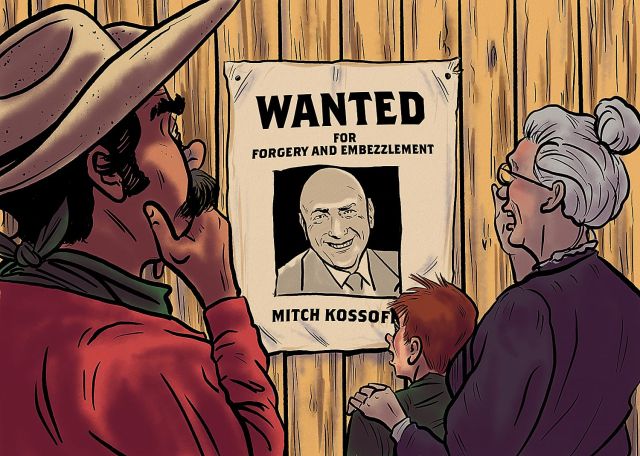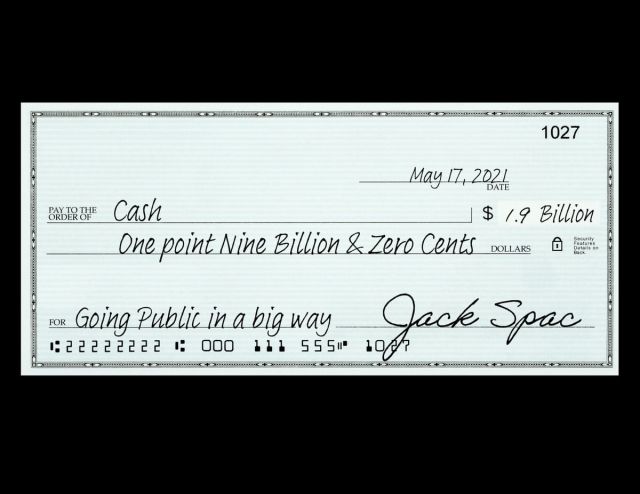
Jay Sugarman.
Jay Sugarman
Chairman and CEO at Safehold (iStar)
Last year's rank: 78

It’s double duty but a single obsession for Jay Sugarman.
As chief executive for both iStar, a conventional commercial real estate investment firm that both owns and lends, and Safehold, a real estate investment trust dedicated to reviving the stodgy old ground lease as a fundraising tool, Sugarman spends his days poring over ground lease opportunities and looking for places to apply his dedication.
Fortunately, says Sugarman, the two go hand in hand.
“It’s one of the reasons we were able to reinvent the ground lease business,” he said. Through iStar, “We understand the conventional finance world. We think the lessons we learn there are what unlock the ground lease world for customers. Because we know what lenders want, we know what efficiencies can come about from separating these two very different assets, the building investment from the land investment.”
Put another way, Sugarman saw his competition as the commercial real estate lending industry, and realized that landlords could unlock their property’s value by selling the underlying land, giving them a big plug of cash and reasonable payment terms. Among the properties in Safehold’s portfolio are 425 Park Avenue, an essentially new office tower; 195 Broadway, a historic landmark in Lower Manhattan; and the Alohilani Resort on Waikiki Beach in Honolulu. All told, Safehold has nearly $5 billion of property, according to its 2021 annual report.
Safehold has been public for about five years, and others are picking up the idea. Late in 2020, investment manager Ares Management teamed up with London-based Regis Group to launch a private ground investment vehicle. And, in 2019, former Holliday Fenoglio Fowler broker John Crump, who midwifed a lot of initial Safehold deals, left to join BH Properties, helping to guide its ground leases.
This is not to say that Safehold has not been immune to what is going on in the market. From Aug. 2, 2021, when its shares closed at $93.72, Safehold’s stock had lost more than half its value.
Sugarman blamed a “disconnect” between the company and the investor class.
“I think the intrinsic value of the company has actually increased over that time,” he said. “People perhaps misunderstand that our rent streams are not simply fixed-coupon rent streams. Not only do they grow contractually, but they also have inflation protection built into most of them.”















